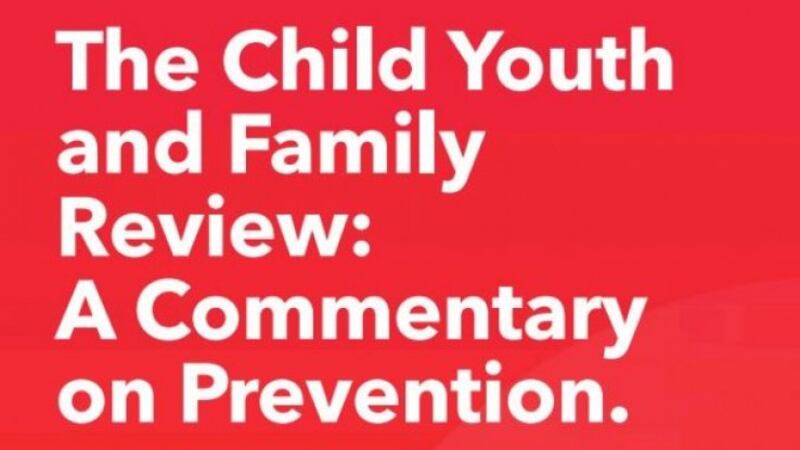An independent review of the Government’s direction on child protection services has raised fundamental concerns that the study author, Otago University’s Dr Emily Keddell, says need addressing.
The aims of the reforms need to be broadened from the “economically oriented” to the “socially oriented” and to a more holistic goal of child and family wellbeing, her commentary, on the Government’s Child Youth and Family Review, commissioned by AUT’s Policy Observatory, recommends.
Dr Keddell, a senior social work lecturer at Otago, focuses specifically in the report on recent and proposed further government changes aimed at preventing child abuse and neglect.
Examining the Vulnerable Child Reforms of 2011-2014, and more recently, the creation of the new Ministry for Vulnerable Children Oranga Tamariki, she finds that while some of the reforms are still in the design phase, “hints” provided so far indicate the Government may not be on the right track.
“There are multiple points of tension between the details of the proposed reforms, the nature of the problem and child protection systems design,” she says.
Dr Keddell writes that causes of abuse have been “individualistically” framed, downplaying key evidence about the relationship between child abuse and the broader social and economic context.
“Child abuse and neglect has a range of well-established relationships with social inequalities, poverty and community factors not addressed in the policy proposals,” Dr Keddell writes.
She also questions whether the Government’s faith in market mechanisms to deliver required prevention services through third party contractors (reducing the role of the state) is overstated.
“Market drivers of supply, demand and profit are unlikely to be responsive to the range and complexity of human problems encountered…..it also leaves key responsibilities of the state up to third party contractors to deliver.”
Dr Keddell adds that the new “social investment approach” – to reduce re-notifications of child abuse, future welfare payments and criminal justice liability - could create “perverse incentives” for not-for-profit organisations involved in child abuse prevention. This could lead to children not being notified to Oranga Tamariki for suspected abuse or neglect if a reduction in notifications is linked to a non-Government organisation’s contract.
“In the child protection context, a market approach to service provision could have the same result: providers might target only those most amenable to cost-effective improvements, whereas those deemed the most high and low-risk miss out.
“Market mechanisms might not, therefore, have the desired impact. Families who find themselves without service provision may proceed rapidly to child removal, reducing opportunities for support and change.”
The aims of this approach need to be broadened from the “economically oriented” to the “socially oriented” and the more holistic aim of child and family wellbeing.
Dr Keddell drew on more than 50 sources and research references for her commentary.

